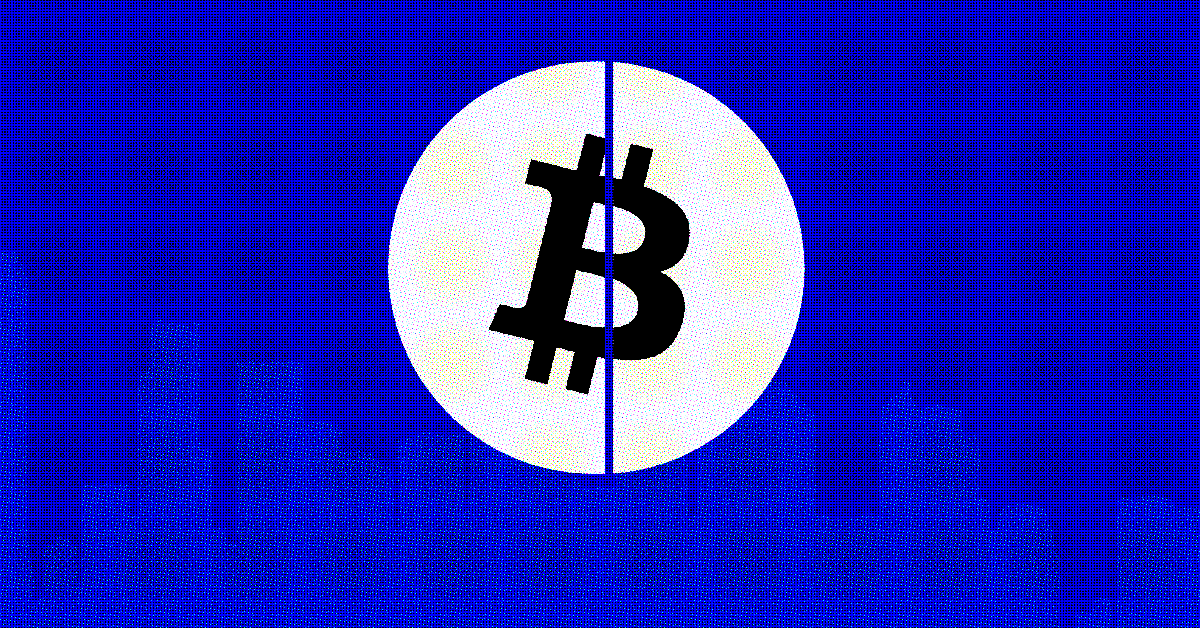The crypto markets are heading towards the close of the year’s first quarter, which is expected to be pretty impressive. Besides, market sentiments continue to remain bullish despite the bearish pressures, which are trying hard to mount as the token heads back close to its highs. Despite the growing optimism around the BTC price, the technicals suggest the token may again fall prey to bears.
But the question arises whether the bulls could be able to hold the rally above the key support levels. To understand this, let’s analyse the demand and supply dynamics of Bitcoin!
The demand for Bitcoin has skyrocketed this year, all thanks to the spot ETFs that were launched earlier this year. With this, the demand and supply dynamics for Bitcoin are expected to change to a large extent by Q1 2025, as analysed by CryptoQuant. Moreover, the popular on-chain platform also indicates the liquid inventory has dropped to the lowest levels as sell-side liquidity plunges with the rise in demand.
This suggests the current supply may not match the demand in the coming months, as the exchanges have been constantly running out of stock. Recently, a huge drop in BTC reserves was observed on Coinbase, which may be seen on other exchanges as well. Therefore, with a drop in supply and an increase in demand, the BTC price is believed to rise.
The Bitcoin price has been hovering within a narrow range since the previous day’s trade, with an equal participation of bulls and bears. In a larger perspective, the price appears to be on its way to test the newly formed highs close to $74,000. If the bulls manage to withstand some bearish pressure here, then the token may continue to range high.
Otherwise, a rejection from here could lead to the formation of a double-top pattern which does not favour the bullish scenario.
Also Check Out The: Bitcoin Poised To Hit $150K Says Standard Chartered, Here’s The Reason Why







Leave a Reply